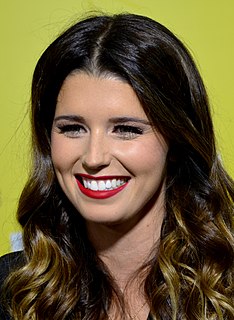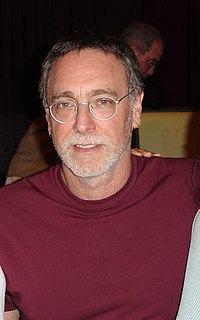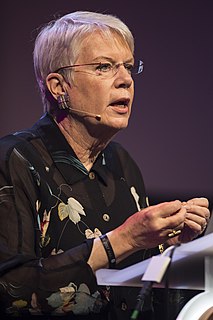A Quote by Stephen Covey
If the only vision we have of ourselves comes from the social mirror - from the current social paradigm and from the opinions, perceptions, and paradigms of the people around us - our view of ourselves is like the reflection in a crazy mirror room at the carnival.
Related Quotes
Traveling through the world produces a marvelous clarity in the judgment of men. We are all of us confined and enclosed within ourselves, and see no farther than the end of our nose. This great world is a mirror where we must see ourselves in order to know ourselves. There are so many different tempers, so many different points of view, judgments, opinions, laws and customs to teach us to judge wisely on our own, and to teach our judgment to recognize its imperfection and natural weakness.
We wake up and go to sleep with ourselves every single day. We see ourselves in the mirror from every angle. We know what we look like. We know what makes us happy about our bodies and what upsets us. And we don't need to value the opinions of others at all - especially from people who that we don't even know, or that we don't care about.
In order to find God in ourselves, we must stop looking at ourselves, stop checking and verifying ourselves in the mirror of our own futility, and be content to be in Him and to do whatever He wills, according to our limitations, judging our acts not in the light of our own illusions, but in the light of His reality which is all around us in the things and people we live with.
Since our technology is really just an extension of ourselves, we don’t have to have contempt for its manipulability in the way we might with actual people. It’s all one big endless loop. We like the mirror and the mirror likes us. To friend a person is merely to include the person in our private hall of flattering mirrors.
Why does death engender fear? Because death meant change, a change greater then we have ever known, and because death was indeed a mirror that made us see ourselves as never before. A mirror that we should cover, as people in olden days covered mirrors when someone died, for fear of an evil. For with all our care and pain for those who had gone, it was ourselves too we felt the agony for. Perhaps ourselves above all.
Remembering our past, carrying it around with us always, may be the necessary requirement for maintaining, as they say, the wholeness of the self. To ensure that the self doesn’t shrink, to see that it holds on to its volume, memories have to be watered like potted flowers, and the watering calls for regular contact with the witnesses of the past, that is to say, with friends. They are our mirror; our memory; we ask nothing of them but that they polish the mirror from time to time so we can look at ourselves in it.
We see ourselves in other people’s eyes. It’s the nature of the human race; we are a species of reflection, hungry for it in every facet of our existence. Maybe that’s why vampires seem so monstrous to us—they cast no reflection. Parents, if they’re good ones, reflect the wonder of our existence and the success we can become. Friends, well chosen, show us pretty pictures of ourselves, and encourage us to grow into them. The Beast shows us the very worst in ourselves and makes us know it’s true .




































